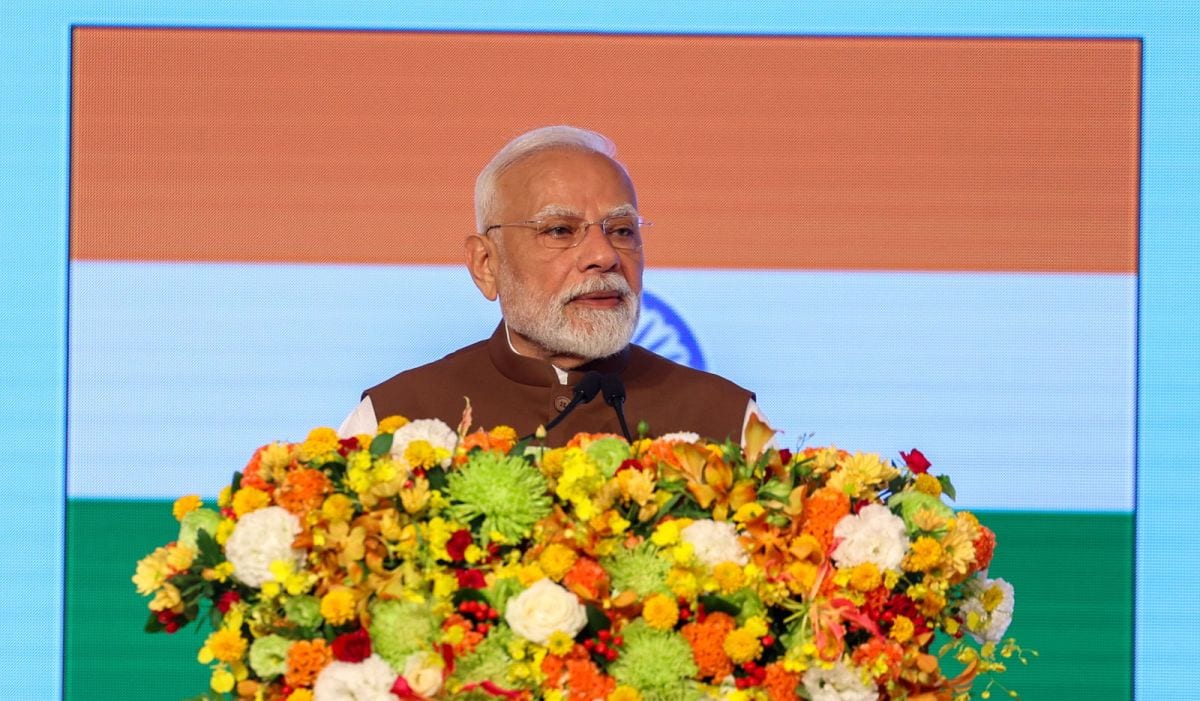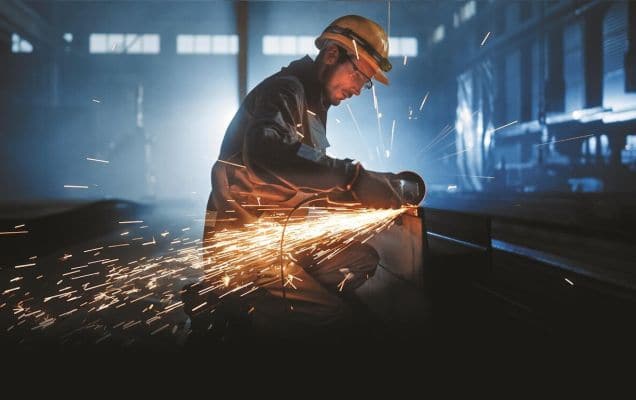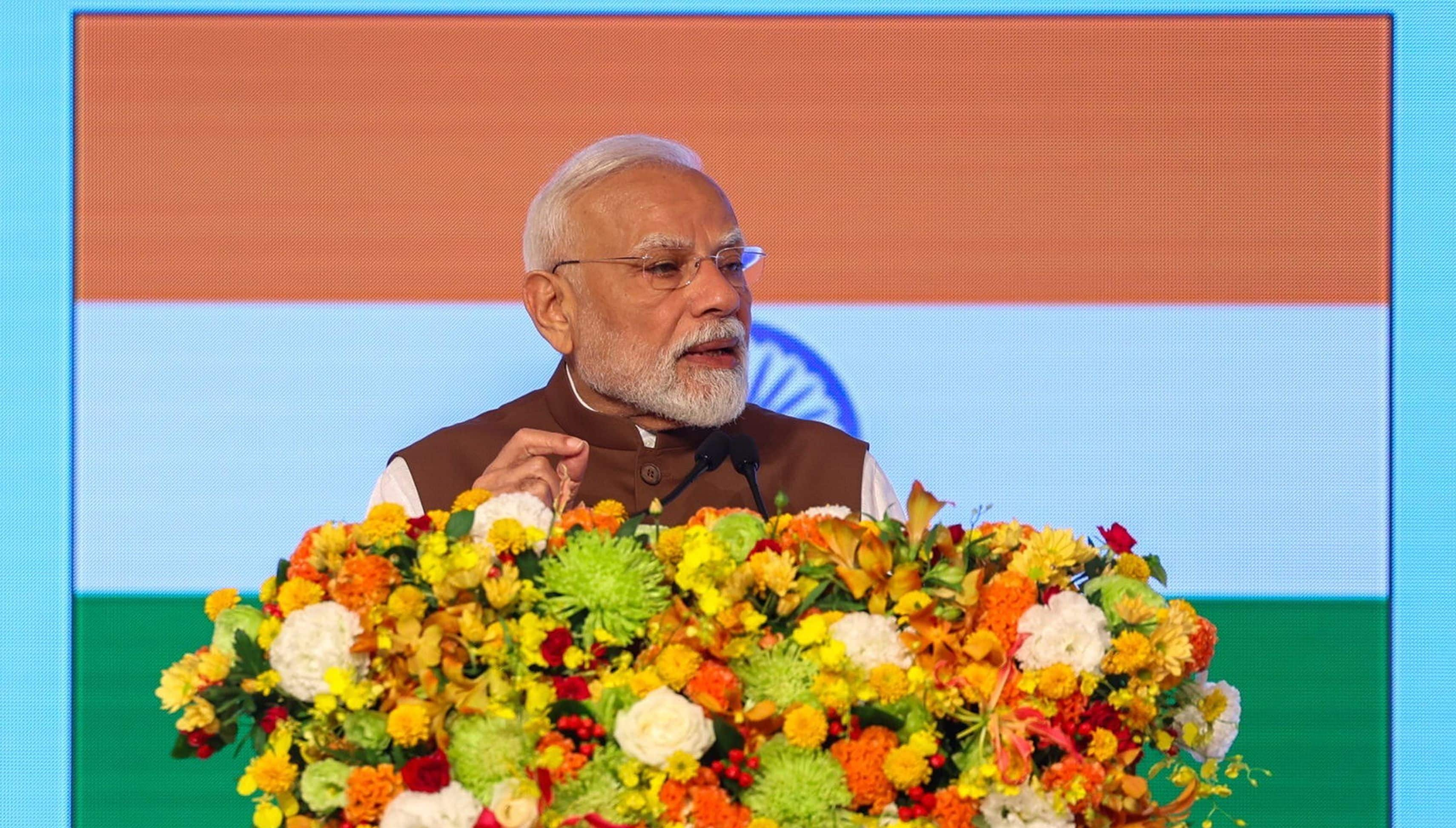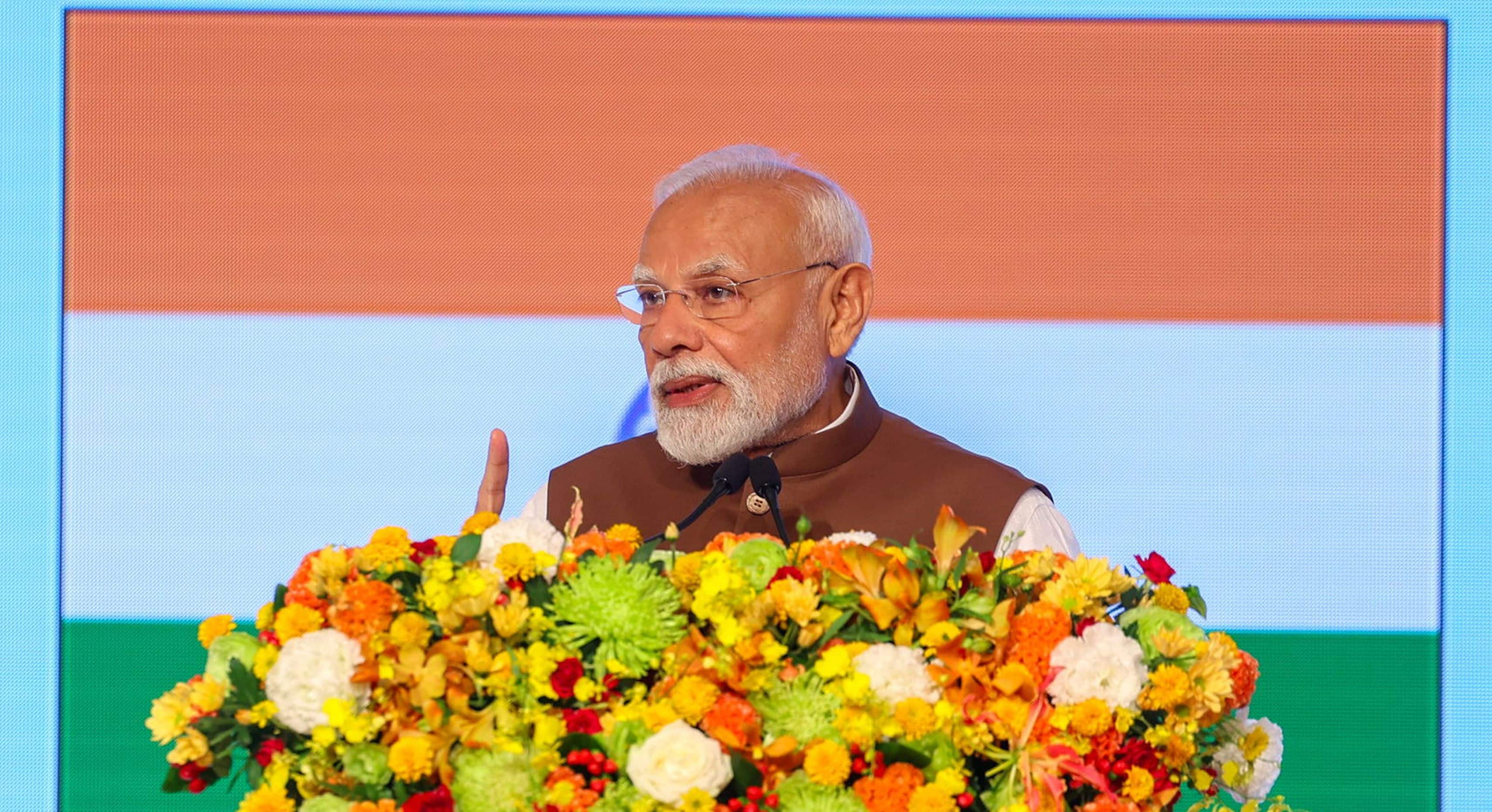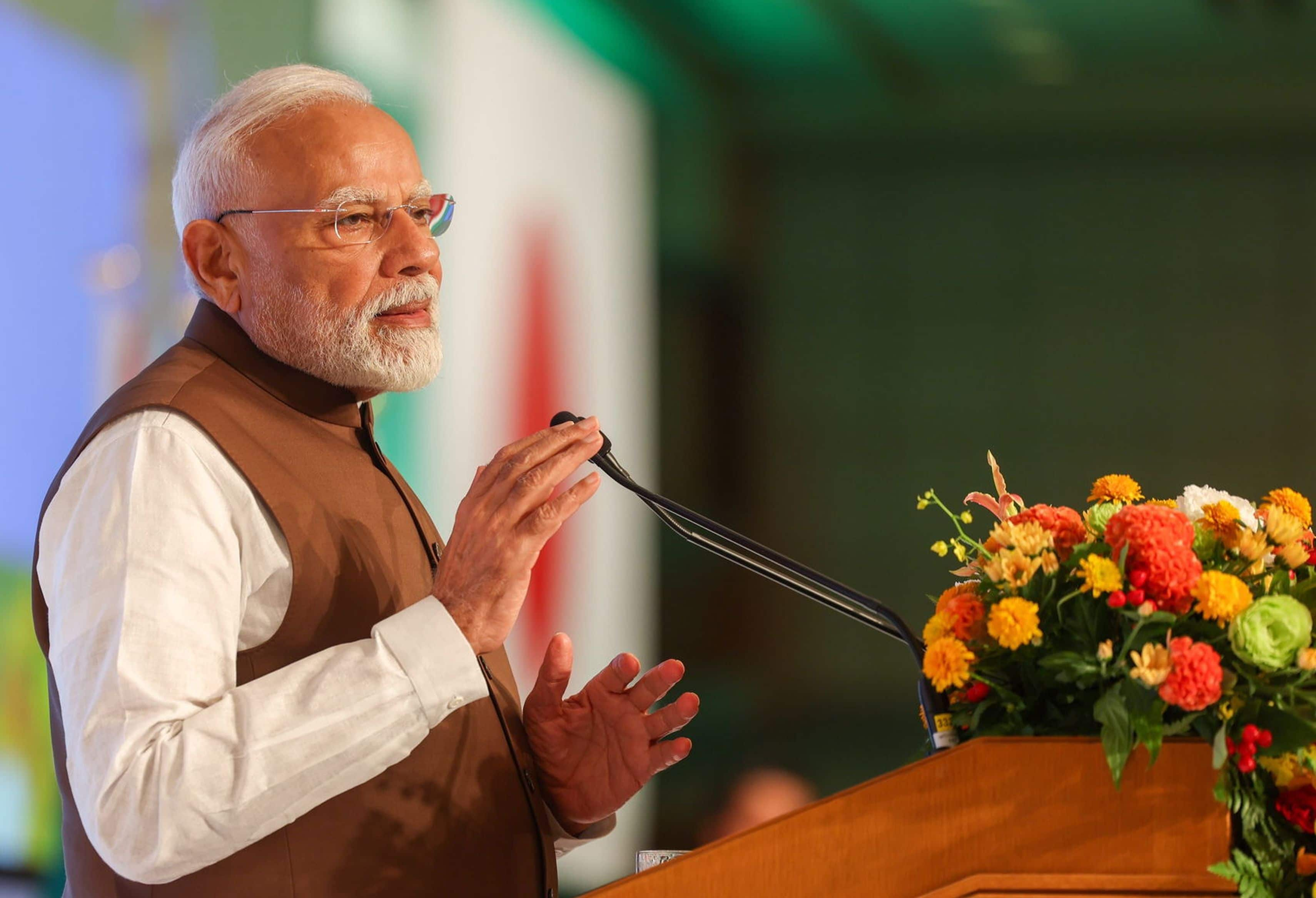Director General, Madam Bukova
Excellencies, Ladies and Gentlemen,
I am truly honoured to address UNESCO.

I feel specially privileged to visit this great institution in its 70th anniversary year.
This milestone reminds us of a fundamental achievement of our age: for the first time in human history, we have an organization for the entire world – the United Nations.
And, through the sweeping change of these decades, through many challenges of our times, and the great progress of this era, the organization has endured and grown.
There have been doubts and skepticism. There is need for urgent reforms.
But, for the nations that came together at its birth; and, for three times as many that joined it later, there is one unshakeable belief:
“Our world is and will remain a better place because of the United Nations.”
It is this faith that has given birth to so many of its institutions that deal with every aspect of human challenges.
Our collective goal is to seek a peaceful and prosperous future for our world, in which every nation has a voice;
all peoples have an identity;
all cultures are flowers in a garden;
every human being has a life of dignity;
every child a future of opportunity;
and our planet the chance to preserve its glory.
No organization serves our cause more than this one.
The seeds of our collective destiny are sown in human minds.
It is nurtured by the light of education and the spirit of enquiry.
It makes progress through the marvels of science.

And, it draws strength from the basic character of Nature – the harmony and unity in diversity.
That is why UNESCO was among the first missions of the United Nations.
That is why India values the work of UNESCO so deeply; and, cherishes our partnership so immensely.
I am conscious of the extraordinary legacy of our relationship from the time of UNESCO's birth.
I recall Mahatma Gandhi's message to UNESCO, calling for urgent action to address the needs of education to secure lasting peace;
And, the leadership of Dr. Radhakrishnan, later our first President, in the early years of this institution.
We are grateful for UNESCO's support for education and science, in India and for preservation of our cultural heritage.
Equally, we are privileged to have worked with UNESCO in support of its mission around the world.
For, in the challenges India faces and the dreams that Indians seek, our approach mirrors the ideals of UNESCO.
We have built a modern state in an ancient land, with a timeless tradition of openness and co-existence; and, a society of extraordinary diversity.
The foundation of our Constitution rests on a fundamental principle: the peace and prosperity of all is indivisible from the welfare of the individual;
the strength of the nation is determined by the joined hands of every citizen;
and, real progress is measured through empowerment of the weakest.
This has been our creed since we assumed office nearly a year ago.
And, we shall judge our progress not just by the cold statistics of growth, but by the warm glow of belief and hope on human faces.
For me, it means many things.
We will defend and protect the rights and liberty of every citizen.
We will ensure that every citizen , of every faith, culture and creed has an equal place in our society; belief in her future; and the confidence to pursue it.
Education always had a special place in our tradition.
As our ancient saying goes, it is
व्यये कृते वर्धते एव नित्यं, विद्या धनं सर्व प्रधानं
The wealth that increases by giving, That wealth is knowledge and is supreme of all possessions
We have launched the most ambitious programme to provide skills to our youth; and education for every child in the remotest villages.
Our progress will remain a mirage unless women no longer suffer from daily fear, or barriers to opportunity; and, when they are no longer victims of exclusion and prejudice. And, this change must begin with the girl child.
So, the programme to educate and support the girl child in India is one that is closest to my heart. We will ensure that they can go to school; and, also, that they can attend it in safety and dignity.
Today, the digital age has created opportunities beyond imagination; but, digital divide can expand disparities.
On the other hand, digital connectivity and smart phones have create a revolution of possibilities to educate, deliver services and extend development.
This is the most exciting change in our era.
Our Digital India will create a participative, transparent and a responsive government, connected to the citizens. And, we have launched a digital literacy mission to connect each of our 600,000 villages.
The link between habitat and fulfillment of human potential is deep and strong.
So, the highest priority for my Government is to provide a roof over every head; power in every house; sanitation and clean water within everyone's reach; a hope for every child to survive; and a chance for every new mother to love her child.

It also means clean rivers, air that we can breathe and forests filled with the sound of birds.
To achieve these goals, we need not just policies and resources, but even more the power of science.
For us, science is driven by the larger purpose of human development; and, for a safe, sustainable, prosperous future for India.
Science also unites people across borders in a shared purpose.
And, when we share its fruits with those who don't have it, we connect lives and make our world a better place.
India never forgets the help we have received in our early years; today, we are fulfilling our responsibility to others.
Therefore, science is a key priority of India's international engagement.
Culture is a sublime expression of a people; and, the foundations of a society.
UNESCO's initiatives to preserve the world's cultural heritage, including in India, are inspiring.
We see India's rich and diverse cultural heritage as humanity's wealth.
And, we will do everything to preserve it for future generations.
We have launched ‘Heritage Development and Augmentation Yojana – HRIDAY or heart in Hindi – to preserve the cultural heritage of our cities.
We have started a special scheme called “PRASAD” – or offerings) – Pilgrimage Rejuvenation and Spirituality Augmentation Drive” for rejuvenation of our pilgrim centres”.
Madam Chairman,
I speak of our vision and initiatives, because in our own aspirations and efforts, we see the value of UNESCO to our world with great clarity.
In the challenges of our times, we see its purpose with a sense of urgency.
The fault lines in our world are shifting from the boundaries of nations into the web of our societies and the streets of our cities.
The threats are changing from domination by states to destruction by groups.
We fight today not only over what we claim, but also for who we are.
And, in many parts of the world, culture remains a source of conflict.
We have access to communication at the click of a mouse.
We live in a world of information.
Yet, we know that familiarity does not always lead to fraternity; or reduce prejudice.
When Ebola threatens an entire region; the fury of unseasonal storms destroys crops and lives; and, diseases still defeat our most courageous fight, we understand how fragile we are.
When we see people living at the edge of existence; children shut out of classrooms; and, nations without the human resources to shoulder the responsibility of progress, we know that we still have a long way to go.
To be sure, our world has made incredible progress over seven decades. So, our progress should inspire us to meet our challenges.
UNESCO can play a vital role in addressing them.
Culture must connect, not divide, our world.
It should be a bridge to greater respect and understanding between people.
It should join nations in peace and harmony. Across India's neighbourhood, Asia and Indian Ocean, we are retracing our cultural connections to form a closer bond of friendship in this dynamic region.
We must turn deep into our cultures; traditions; and religions; to overcome the rising tide of extremism, violence, and divisions across the world.
We must intensify exchanges between the youth of the world to sow the seeds of a more peaceful world.
Cultures also hold great wealth of traditional knowledge. Societies across the world have evolved them through wisdom gathered over the ages.
And, they hold the secrets to economic, efficient, and, environment friendly solutions to many of our problems.

But, today they are at risk of extinction in our globalised world.
So, we must here make more efforts to revive, preserve and nurture traditional knowledge.
This will also redefine a fundamental truth about human civilization: as our cultures are diverse, knowledge has many sources.
In doing so, we will give ourselves a greater chance to meet our challenges.
We must do more to harness science for human welfare in some of the most vulnerable parts of the world – especially for health and food security.
Climate change is a pressing global challenge. And, it calls for a collective human action; and, a comprehensive response.
We must draw upon our entire wealth of wisdom; the strength of every institution; all possibilities of innovation; and, the power of science.
In India, faith and Nature have had a deep link since ancient times.
For us, the only path to prosperity is the sustainable one.
We make this choice with the natural instincts of our culture and tradition. But, we also do this with a commitment to our future.
We have, for example, set a target of adding 175,000 MW of clean and renewable energy in the next seven years.
Too often, our discussion is reduced to an argument about emission cuts. But, we are more likely to succeed if we offer affordable solutions, not simply impose choices.
That is why I have called for global public action to develop clean energy, that is affordable and accessible to all.
And, it is for the same reason that I call for a change in lifestyle. Because, the emission reduction that we seek will be the natural outcome of how we live.
And, it will also mean a different path to economic well being.
It is with this vision that I had called the United Nations General Assembly last September to declare June 21st as the International Day of Yoga.
Yoga awakens a sense of oneness and harmony with self, society and Nature. By changing our lifestyle and creating consciousness, it can help us deal with climate change and create a more balanced world.
Last December, the UNGA adopted it with a record co-sponsorship in a record time.
It was not just an act of friendship for India. It reflected our collective ability to go beyond our familiar boundaries in search for solutions to common challenges.
The campaign to clean our Ganges River is a mission that connects culture, science, traditional knowledge, education, economy, and, environment; but, it is also about attitudes and lifestyles.

Madam Chairperson,
Outside this hall, I paid respect at the statue of a great Indian philosopher and sage, Shri Aurobindo.
There is much that we can learn from his humanism and spiritualism, from his belief in the unity of individual consciousness with the world outside; the enlightened purpose of education; the service of science; and, the unity of world, founded on national freedom, diversity of civilizations and autonomy of culture.
It is a guiding spirit for the purpose of this institution – the defence of peace in the mind of men.
The 70th anniversary is a moment to celebrate our remarkable journey so far. It is also a time to look ahead with wisdom that has come with time and experience.
Whatever we wish to achieve as United Nations, UNESCO will always have a part to play – whether it is sustainable development, our post-2015 agenda, climate change or peace and security.
UNESCO's responsibilities to our future have become bigger; and, so our resolve must be stronger.
Thank you very much for this opportunity.
Thank you.






